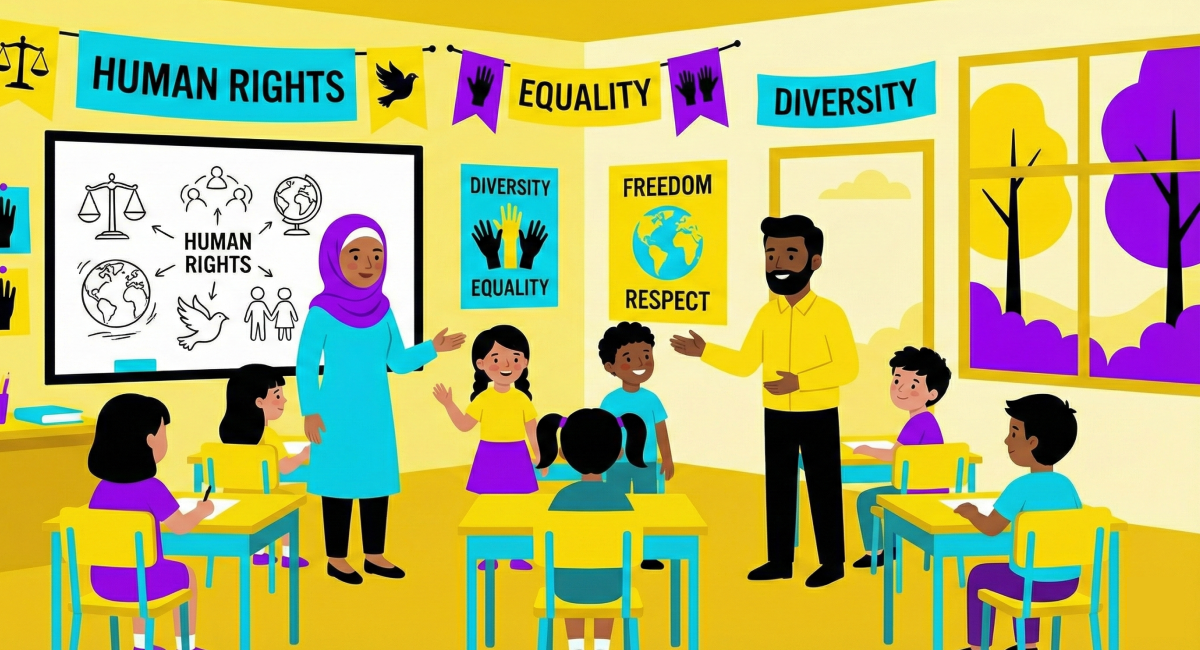World Press Freedom Day 2025: Upholding the pillar of democracy in the age of AI
Each year on May 3rd, World Press Freedom Day serves as a poignant reminder of the indispensable role a free press plays in fostering democracy, ensuring transparency, and maintaining peace. In 2025, this observance carries heightened significance as we confront escalating threats to journalistic freedom worldwide and navigate the complex interplay between artificial intelligence (AI) and media integrity.
The press: Democracy's cornerstone
A free and independent press is not merely a facet of democracy—it is its very foundation. Journalists act as watchdogs, holding power to account, uncovering truths, and providing citizens with the information necessary to make informed decisions. Without press freedom, the pillars of democracy weaken, giving rise to unchecked authority and eroded civil liberties.
Recent reports underscore a troubling global trend: in 2024, the Committee to Protect Journalists recorded the highest number of journalist killings in over three decades, with at least 124 deaths, many in conflict zones like Gaza and the West Bank. Moreover, authoritarian regimes continue to suppress dissenting voices, as seen in Ethiopia's crackdown on media following the Tigray conflict and Nicaragua's withdrawal from UNESCO after the awarding of a press freedom prize to an exiled newspaper.
Some references here:
The Guardian - There is a war on journalists raging around the world: let their voices be heard;
The Guardian - Mass arrests and beatings: how Ethiopia went from celebrating journalists to jailing them;
AP News - Nicaragua is quitting a UN agency over a press freedom award. Here’s a look at the issue
Navigating the AI frontier
The advent of AI presents both opportunities and challenges for the media landscape. While AI can enhance newsroom efficiency and content personalization, it also poses risks to journalistic integrity and employment. As Mélanie Lepoultier, Congress Human Rights Rapporteur, aptly stated, “AI must help local media to flourish, not cut it off”
The International Federation of Journalists emphasizes that AI cannot replace human journalists and that its outputs should not be considered journalism without appropriate human oversight. Ensuring that AI serves as a tool to augment, rather than undermine, journalistic endeavors is crucial in preserving the authenticity and reliability of information. WPFD: Time to put AI on the social agenda - IFJ
The imperative of vigilance
The convergence of political suppression and technological disruption necessitates a renewed commitment to safeguarding press freedom. As citizens, policymakers, and media professionals, we must advocate for environments where journalists can operate without fear of censorship or retribution. This includes supporting legislation that protects journalistic work, investing in media literacy, and fostering public discourse on the ethical use of AI in newsrooms.
UNESCO's theme for this year's World Press Freedom Day 2025 Signature Event: “Reporting in the Brave New World – The Impact of Artificial Intelligence on Press Freedom and the Media” highlights the urgency of addressing these challenges . By confronting these issues head-on, we can ensure that the press remains a robust pillar of democracy in the digital age.
World Press Freedom Day 2025 is not just a commemoration but a call to action. In an era marked by rapid technological advancement and growing authoritarianism, the preservation of a free and independent press is more critical than ever. Let us reaffirm our commitment to upholding press freedom, recognizing it as the bedrock upon which democratic societies are built and sustained.
For more information on World Press Freedom Day and ways to support press freedom initiatives, visit the United Nations observance page.








